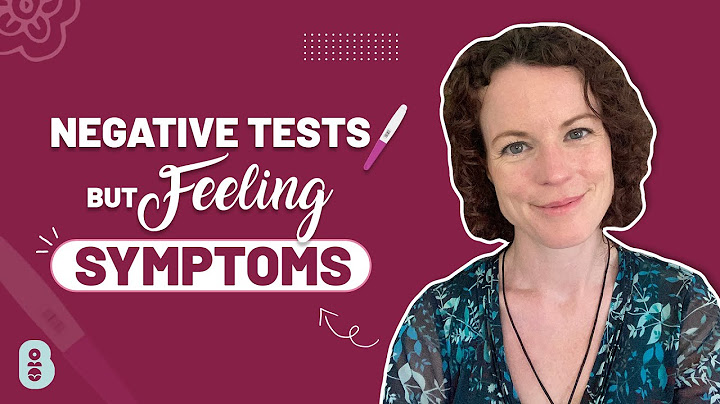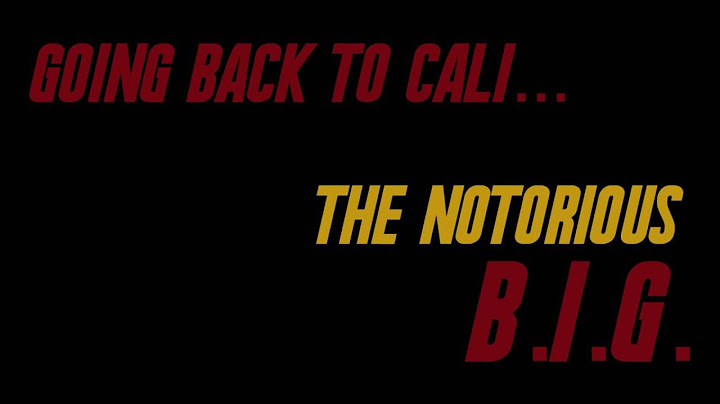OverviewChest pain appears in many forms, ranging from a sharp stab to a dull ache. Sometimes chest pain feels crushing or burning. In certain cases, the pain travels up the neck, into the jaw, and then spreads to the back or down one or both arms. Show Many different problems can cause chest pain. The most life-threatening causes involve the heart or lungs. Because chest pain can indicate a serious problem, it's important to seek immediate medical help. SymptomsChest pain can cause many different sensations depending on what's triggering the symptom. Often, the cause has nothing to do with the heart — though there's no easy way to tell without seeing a health care provider. Heart-related chest painAlthough chest pain is often associated with heart disease, many people with heart disease say they have a vague discomfort that isn't necessarily identified as pain. In general, chest discomfort related to a heart attack or another heart problem may be described by or associated with one or more of the following:
Other types of chest painIt can be difficult to distinguish heart-related chest pain from other types of chest pain. However, chest pain that is less likely due to a heart problem is more often associated with:
The classic symptoms of heartburn — a painful, burning sensation behind the breastbone — can be caused by problems with the heart or the stomach. When to see a doctorIf you have new or unexplained chest pain or think you're having a heart attack, call 911 or emergency medical assistance immediately. Don't ignore the symptoms of a heart attack. If you can't get an ambulance or emergency vehicle to come to you, have a neighbor or a friend drive you to the nearest hospital. Drive yourself only if you have no other option. Sign up for free, and stay up to date on research advancements, health tips and current health topics, like COVID-19, plus expertise on managing health. To provide you with the most relevant and helpful information, and understand which information is beneficial, we may combine your email and website usage information with other information we have about you. If you are a Mayo Clinic patient, this could include protected health information. If we combine this information with your protected health information, we will treat all of that information as protected health information and will only use or disclose that information as set forth in our notice of privacy practices. You may opt-out of email communications at any time by clicking on the unsubscribe link in the e-mail. CausesChest pain has many possible causes, all of which need medical attention. Heart-related causesExamples of heart-related causes of chest pain include:
Digestive causesChest pain can be caused by disorders of the digestive system, including:
Muscle and bone causesSome types of chest pain are associated with injuries and other problems affecting the structures that make up the chest wall, including:
Lung-related causesMany lung disorders can cause chest pain, including:
Other causesChest pain can also be caused by:
Oct. 20, 2021 What does left side chest pain indicate?If a person is experiencing chest pain on the left side of their body, this could indicate a heart attack or other medical conditions, such as a lung problem or inflammation of the lining around a person's heart.
How do I know if my chest pain is serious?How do I know if my chest pain is serious? Call 911 or have someone take you to the closest emergency room right away if you have chest pain that lasts longer than five minutes and doesn't go away when you rest or take medication. Cardiac chest pain can be life-threatening. Chest pain can be a sign of a heart attack.
|

Related Posts
Advertising
LATEST NEWS
Advertising
Populer
Advertising
About

Copyright © 2024 en.idkuu.com Inc.


















